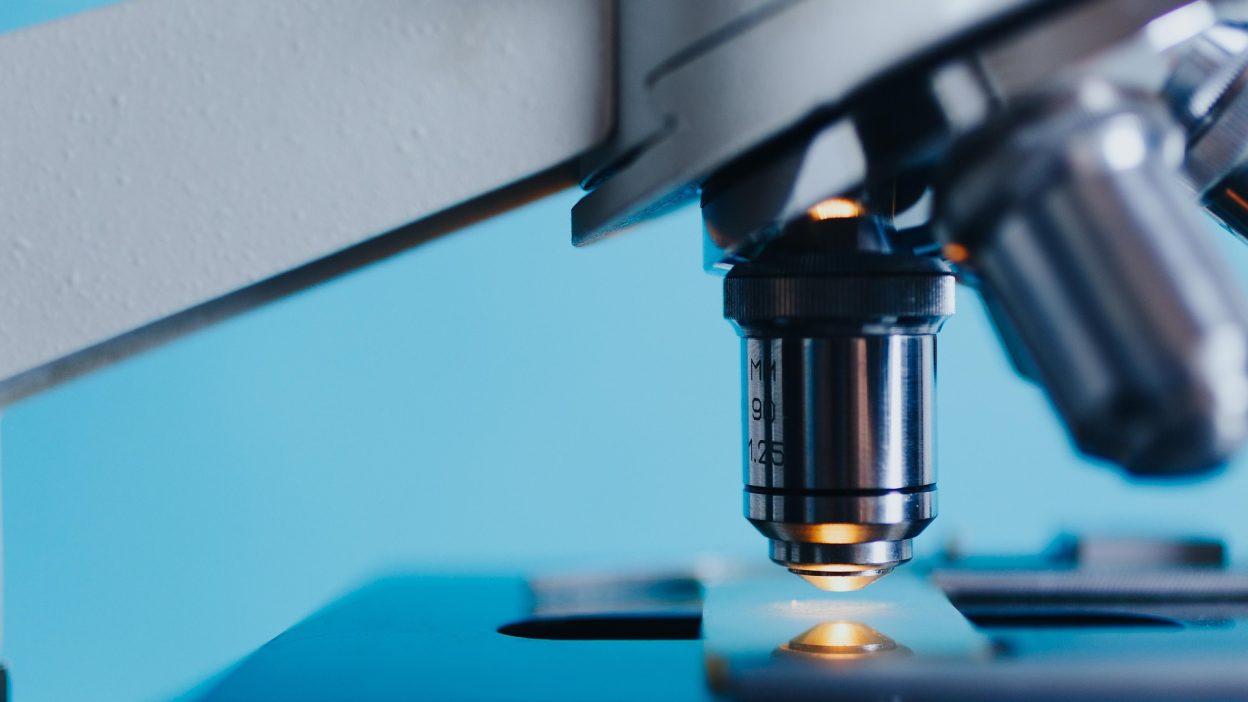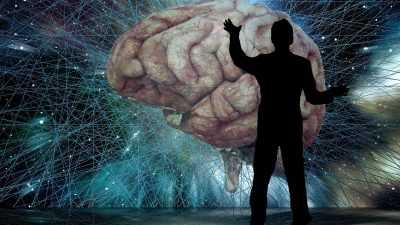Science is pushing the boundaries of what we once thought was impossible
Science has always been at the forefront of human progress, constantly expanding our understanding of the world. But with every groundbreaking discovery comes a mix of excitement and concern. While some advancements could revolutionise medicine, space exploration, and technology, others may raise ethical questions or even potential dangers.
From head transplants to nano-robots inside the human body, science is pushing the boundaries of what we once thought was impossible. But could some of these breakthroughs pose risks to humanity? Discover some of the most astonishing scientific advancements that could shape the future—for better or worse.
Here, we explore some of the most astonishing scientific breakthroughs that could change the way we live—forever.
Head Transplant Surgery: Science or Science Fiction?
The idea of transplanting a human head onto a new body sounds like something out of a horror movie, but it may become a reality. Italian neurosurgeon Sergio Canavero proposed the first human head transplant, claiming that the surgery could help those with incurable diseases. While experiments on rats, dogs, and monkeys have shown some success, the biggest question remains: How would the brain react to such a drastic change?
If this procedure ever becomes widely available, it could redefine modern medicine. However, ethical concerns and fears about identity and consciousness make this a highly controversial topic.
Selective Amnesia: Erasing Unwanted Memories
Imagine being able to erase traumatic memories, fears, or phobias without affecting the rest of your brain. Scientists are exploring how brain scanning technology and artificial intelligence can selectively remove negative memories. While this could be life-changing for those suffering from PTSD or anxiety, it also opens up serious ethical concerns.
What if this technology is misused? Could someone manipulate another person’s memories? The ability to alter the human mind is both fascinating and frightening.
Water on Mars: Are We Closer to Finding Life?
In 2016, NASA confirmed the presence of frozen water on Mars. This discovery fuelled speculation about the possibility of alien life and the potential for humans to settle on the Red Planet. Some scientists believe that underground water sources could still be active, making Mars one of the most promising candidates for future space colonisation.
However, this raises another question: What if Mars already harbours microbial life? Would human exploration disturb an existing ecosystem? The search for life beyond Earth continues to be one of the most thrilling aspects of space exploration.
Three-Parent Babies: A New Era of Genetic Engineering
In 2016, a baby was born using DNA from three parents—a revolutionary technique designed to prevent genetic diseases. This method allows parents with life-threatening genetic disorders to have healthy children. While this breakthrough could eliminate inherited diseases, it also raises ethical dilemmas about genetic modifications.
If science allows us to remove genetic defects, could it eventually lead to designer babies where parents choose physical traits or intelligence levels? This advancement could be a double-edged sword in the future of reproductive medicine.
Lab-Grown Organs: The Future of Transplants?
Scientists at Ohio State University successfully grew a human brain in a lab with the same developmental level as a nine-week-old foetus. Meanwhile, 3D bioprinting is making it possible to print human skin, tissues, and even functional organs.
This technology could eliminate the need for organ donors and save millions of lives. However, will lab-grown brains ever develop consciousness? If so, would they be considered human? The ethical and philosophical implications of this are profound.
Plastic Pollution: A Silent Killer
Plastic is everywhere—from food packaging to water bottles—but many people are unaware of its dangerous health effects. Chemicals found in plastics have been linked to uterine cancer, breast cancer, heart disease, and diabetes.
Microplastics have also been discovered in human blood, organs, and even the placenta, proving that we are consuming these harmful substances daily. With plastic waste polluting our oceans and ecosystems, sustainable alternatives are needed now more than ever.
Nano-Robots: Microscopic Doctors Inside Your Body
In 2015, scientists developed nano-robots capable of detecting diseased cells and delivering targeted treatments within the human body. These tiny machines could revolutionise cancer treatment by attacking tumours directly without harming healthy tissues.
But what if these nano-robots are hacked or misused? Could they be programmed to harm rather than heal? As with any new technology, security and ethical concerns must be considered.
A Billion Earth-Like Planets: Are We Alone in the Universe?
NASA has identified nearly 1 billion planets similar to Earth—just in our own galaxy! One of the most promising is Kepler-452b, often called “Earth 2.0” due to its similar atmosphere and potential for liquid water.
This discovery reinforces the possibility of extraterrestrial life. With so many Earth-like planets out there, it seems increasingly unlikely that we are alone in the universe. The next big question: Will we ever make contact?
Superbacteria: The Growing Threat of Antibiotic Resistance
Despite medical advancements, bacteria are evolving faster than our ability to create new treatments. Some strains of bacteria have become completely resistant to antibiotics, making once-treatable infections potentially deadly.
For example, the flu virus mutates so quickly that last year’s vaccine becomes ineffective the following year. Scientists warn that if we do not develop new antibiotics and alternative treatments, we could face a global health crisis.
The Universe is 96% Unknown
Despite decades of research, scientists have only mapped about 4% of the universe. The remaining 96% consists of dark matter and dark energy, which remain largely a mystery.
One of the most shocking theories suggests that the universe is constantly expanding and will eventually become a cold, empty void. Understanding dark matter could unlock some of the deepest secrets of our existence.
Remote Control for the Brain: The Power to Control Thoughts
In 1923, scientists discovered how to control neurons in the brain, allowing them to manipulate emotions, movements, and reactions. In one experiment, an angry bull was instantly calmed down by pressing a button. If this technology were applied to humans, it could cure mental illnesses, but also poses an alarming risk: What if someone could control another person’s thoughts or actions? The potential for misuse is staggering.




